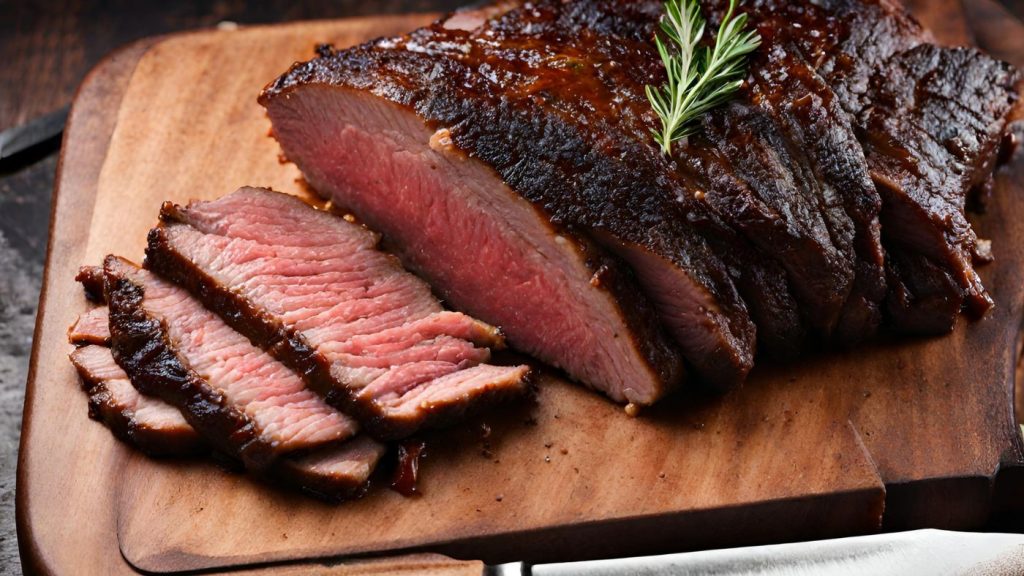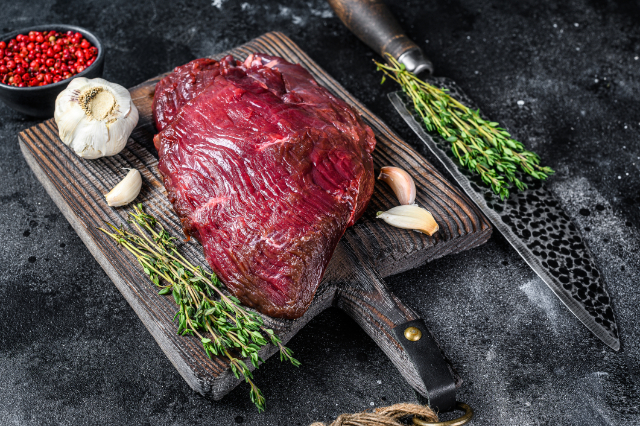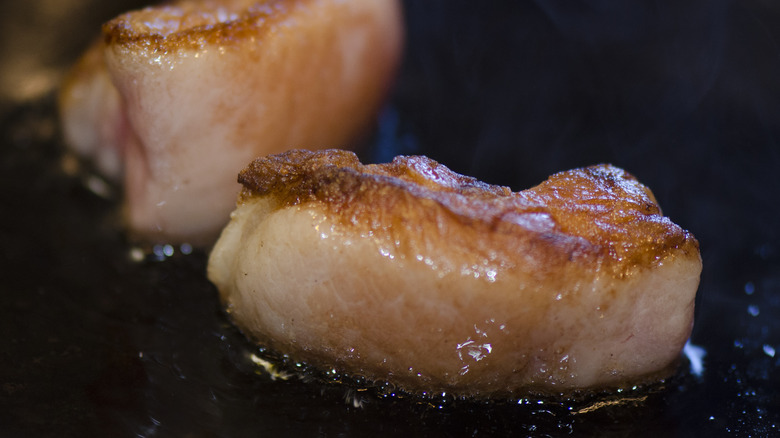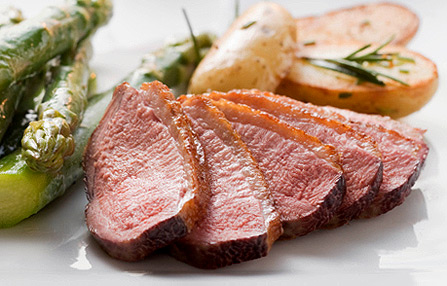Healthier – You can consider how much better venison is contrasted with meat. All things considered, venison is essentially lower in fat and higher in protein. However, because of its low-fat substance, venison has a marginally firmer surface and somewhat less flavor.
Table of Contents
How Much Healthier Is Venison Than Beef?
In terms of iron content, venison also outperforms beef. Harvard Health says that iron is a mineral that helps the body make healthy red blood cells. Iron deficiency can make people tired and nauseous all day.

How to cook tender deer meat?
Venison can be chilled or frozen as steaks or in frankfurter structure, as per the Public Place for Home Food Stockpiling. However, if you harvest your meat, you must prepare it in the field with extreme caution to avoid contamination and quickly cool it. Store venison in a fixed compartment, separate from different food sources, and refrigerate somewhere in the ballpark for 3 days.
As indicated by the Public Community for Home Safeguarding Food varieties, eliminating the fat from venison significantly works on the kind of meat and forestalls the gamey flavor typically connected with protein. The process of aging meat makes it less sour and more tender.

How to cook deer meat?
When cooking venison, there are a few things to keep in mind. Dissimilar to other meat sources, variety and surface are unknown ways of telling if venison is an all-around good, as indicated by Michigan State College. We advise using a food thermometer when cooking venison to ensure that the meat reaches an internal temperature of 160 degrees Fahrenheit.
While cooking venison, Michigan State College by and large suggests that game meat tastes best when cooked over low, clammy intensity for quite a while. Before cooking, venison can also be marinated to soften the normally tough meat.
How does venison contrast with meat?
Even though it is considered lean meat, venison is low in fat and calories. Ground venison contains only 159 calories in a 3-ounce serving, whereas beef of the same weight contains 215 calories. This should address the subject of how solid venison thinks about beef.
Differences in nutrition between beef and venison:
- Calories: beef has 32% more fat than venison.
- Beef: 292% more than Venison
- Protein: 39% more venison than beef
- Water: Venison – 3% more than meat
Meat is low in protein:
Additionally, beef contains less protein than venison. Beef has 25.93 grams per 100 grams, while venison has 36.08 grams per 100 grams. A quick calculation shows that the difference is about 39%.

Beef fat:
Meat contains more fat than venison. The table above shows that venison contains 3.93 g of fat per 100 g and beef contains 15.41 g of fat per 100 g. For this situation, the thing that matters is around 292%.
Correlation of nutrients and minerals:
- Vitamin B1 (Thiamin): Venison – 230% more than beef
- Vitamin B2 (riboflavin): Venison: 271% more than beef
- Niacin, vitamin B3: Venison – 37% more than meat
- Vitamin B6: Venison – 25% more than meat
- Nutrient B9 (folic corrosive): Venison: 22 percent more than beef Venison: 525% more than beef
- Vitamin K: Venison: 100% more calcium than beef Beef – 200% more than Venison
- Iron: Venison – 92% more than meat
- Potassium: Venison contains 33% more than beef. beef – 2% more than venison
- Sodium: Venison – compared to beef, 272%

